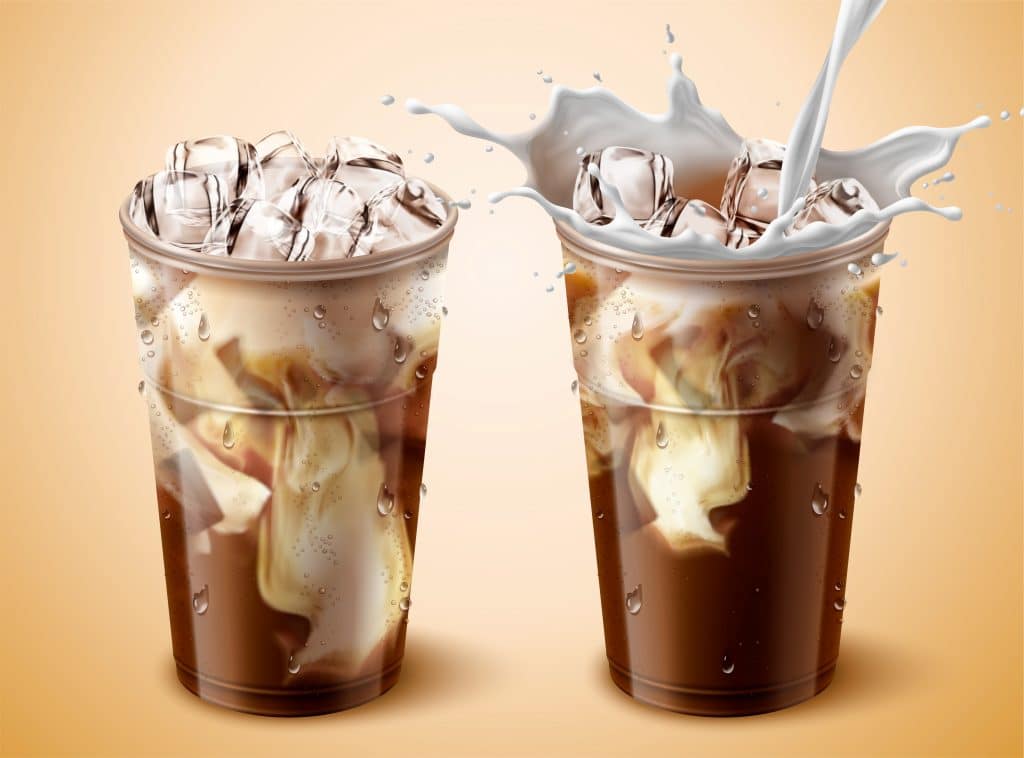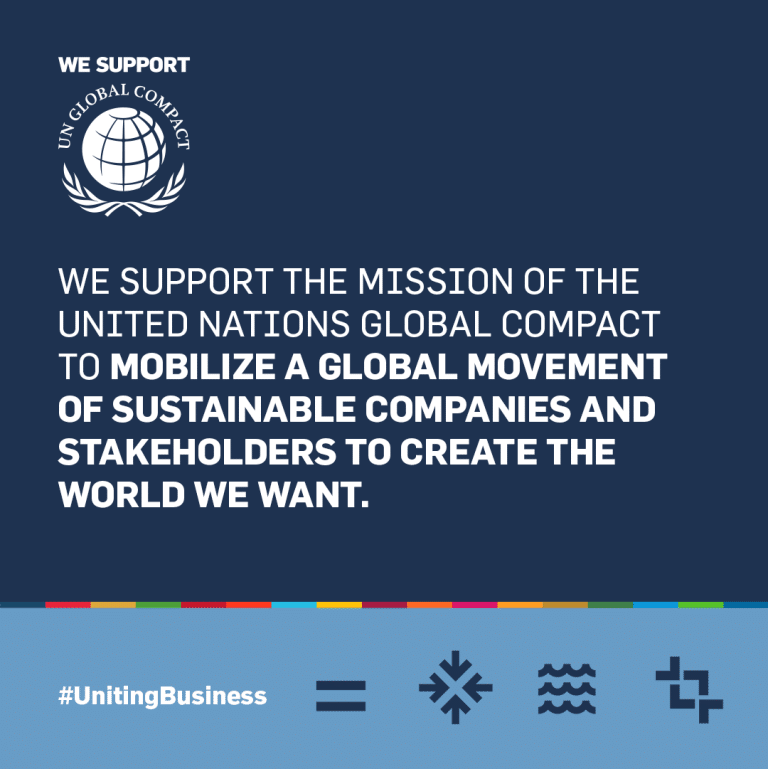Launching a cold brew coffee is a smart move for European brand owners, retailers and operators looking to tap into the growing ready-to-drink (RTD) coffee market. This is expanding across Europe and is expected to continue on an upward trajectory.
In Europe, the UK is one of the two largest markets for cold brew coffee, just behind Germany in terms of size. In the UK alone, consumption of RTD cold brew has increased +60% in the last three years [Nielsen 2024, retail value sales (FY 2021-23] making it an attractive country for new innovation and launches.
In this article, we will explore six compelling reasons why cold brew coffee should be a priority for any business looking to win in the RTD coffee market and to maximise opportunities with consumers.
#1 Consumers Enjoy the Premium Sensory experience of Cold Brew Coffee
Cold brew delivers all the delicious complexity of coffee, but with a smoother, less acidic flavour giving consumers a unique sensory experience. Even better, consumers are willing to pay more for cold brew coffee for this, with drinks commanding a premium versus hot brewed coffee. In the UK, the average price per unit of cold brew is £2.16 in comparison to £1.76 for iced coffees [Nielsen UK, 2024].
TAKEAWAY: Cold brew has the potential to premium-ise the RTD coffee category, which presents a lucrative opportunity for beverage brand owners and retailers looking to gain a competitive edge.
#2 Consumers Want Healthier Options
More than half (54%) of global consumers are seeking healthier beverage options and look at sugar content and calorie information for guidance [GlobalData, Q1, 2023]. Cold brew is naturally sweet and doesn’t rely on added sugar to provide flavour. With zero sugar content, and minimal calories, cold brew is an appealing option for health-conscious consumers. When consumed black, cold brew coffee provides a guilt-free and satisfying alternative to sugary drinks.
TAKEAWAY: Cold brew is an attractive choice for consumers who are looking for healthier drinks. For beverage brand owners, cold brew is an exciting – and great-tasting – product to meet this need.
#3 A Way of Attracting Younger Consumers
Generation Z consumers are the most likely age group to drink cold coffee [Mintel 2022], often buying it in on-the-go formats for speed and convenience [Global Consumer Survey, 2022]. Meanwhile 80% of Millennials “positively engage with cold brew” [Mintel 2022]. And as there are over 27 million members of the Gen Z and Millennial cohorts in the UK [Statista 2022], this provides a significant opportunity for beverage brand owners and retailers to satisfy the demands of a large and growing customer base.
TAKEAWAY: Cold brew aligns with the lifestyle and taste preferences of younger generations. Tailored marketing strategies designed to resonate with these demographics can help develop a loyal and growing customer base.
#4 A Welcome Alternative to Sugary Energy Drinks
There is a growing consumer shift towards drinks that contain natural caffeine sources, and natural energy drink brands have benefitting from triple-digit growth in recent years [Mintel 2020]. Cold brew provides a natural and sustained energy boost without the drawbacks associated with sugary or overly caffeinated energy drink products.
TAKEAWAY: There is an increasing demand for functional beverages that support a healthy lifestyle, making cold brew a favourable alternative to energy drinks.
#5 Regular Consumption
Consumers who over index for visiting coffee shops, food-to-go outlets, quick service restaurants and order food delivery drink more cold brew than the average cold brew coffee consumer [Finlays proprietary research, 2022. UK only, sample size: 250+].
This consumption opportunity offers the potential for a high repeat rate on more occasions throughout the day [Global Consumer Survey 2020]. In fact, 37% of cold brew drinkers drink it regularly, unlike other types of cold coffees [Global Consumer Survey 2020].
TAKEAWAY: Brand owners and retailers can promote repeat purchase and build brand loyalty through innovative cold brew offerings and personalised customer experiences.
#6 Cold brew Complements Dairy and Plant-Based Alternatives
Cold brew coffee’s flavour profile complements dairy and plant-based milk alternatives perfectly, catering to diverse dietary preferences. In 2023, Free-From, Low and No, passive health claims were present in over 80% of dairy launches, globally [Mintel GNPD, 2024] so partnering with a dairy or plant-based product manufacturer to create a signature drink is another route for cold brew coffee development.
TAKEAWAY: Successful pairings and collaborations between cold brew brands and dairy or plant-based product manufacturers can enhance consumer appeal and drive sales.






